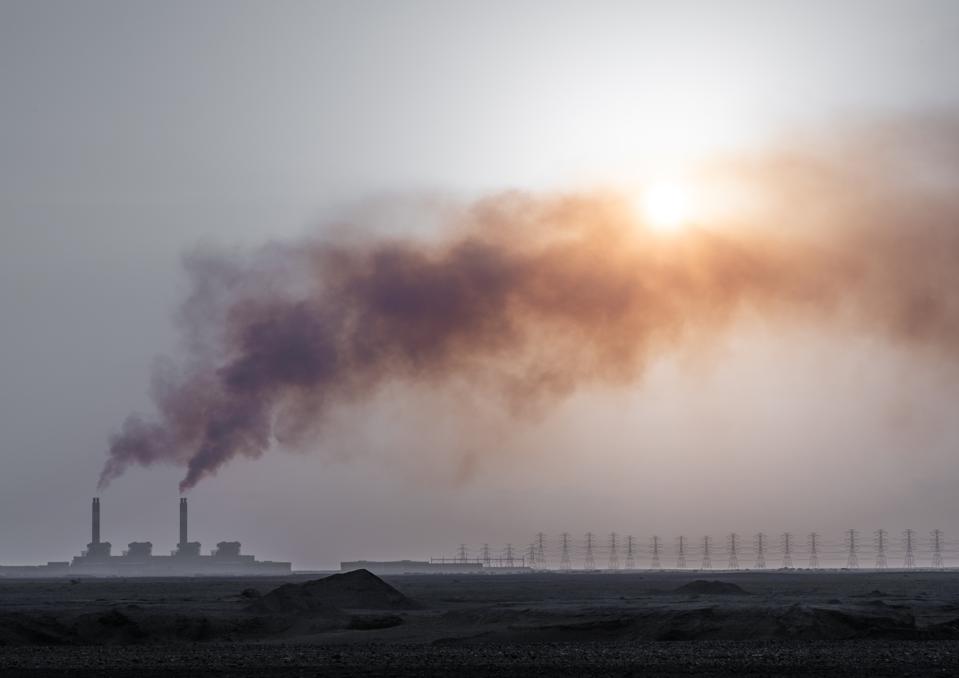A paper authored by Harrisburg University Data Science Ph.D. student, Lyra Wang, has won ‘Overall Best Paper’ in the Tackling Climate Change with Machine Learning workshop at the NeurIPS2020 Conference.
The paper, written in collaboration with HU Professor, Dr. Arvind Ravikumar; Selvaprabu Nadarajah of the University of Illinois at Chicago; and Jingfan Wang of Stanford University, is titled, “A Machine Learning Approach to Methane Emissions Mitigation in the Oil and Gas Industry.”
“Addressing methane emissions from the oil and gas sector cost-effectively is a critical challenge in the U.S. and across the world. What’s amazing about Lyra’s work is that the insights on reducing costs of methane mitigation can be readily implemented by companies and government. It does not try to radically change long-standing practices or policies, and that makes its impact accessible,” noted Ravikumar, who is Wang’s Ph.D. advisor.
The following is an abstract from the award-winning paper:
Reducing methane emissions from the oil and gas sector is a key component of climate policy in the United States. Methane leaks across the supply chain are stochastic and intermittent, with a small number of sites (‘super-emitters’) responsible for a majority of emissions. Thus, cost-effective emissions reduction critically relies on effectively identifying the super-emitters from thousands of well-sites and millions of miles of pipelines. Conventional approaches such as walking surveys using optical gas imaging technology are slow and time-consuming. In addition, several variables contribute to the formation of leaks such as infrastructure age, production, weather conditions, and maintenance practices. Here, we develop a machine learning algorithm to predict high-emitting sites that can be prioritized for follow-up repair. Such prioritization can significantly reduce the cost of surveys and increase emissions reductions compared to conventional approaches. Our results show that the algorithm using logistic regression performs the best out of several algorithms. The model achieved a 70% accuracy rate with a 57% recall and a 66% balanced accuracy rate. Compared to the conventional approach, the machine learning model reduced the time to achieve a 50% emissions mitigation target by 42%. Correspondingly, the mitigation cost reduced from $85/t CO2e to $49/t CO2e.
For more information, visit this link.
About Harrisburg University
Accredited by the Middle States Commission on Higher Education, Harrisburg University is a private non-profit university offering bachelor and graduate degree programs in science, technology, and math fields to a diverse student body. For more information on the University’s affordable demand-driven undergraduate and graduate programs, call 717.901.5146 or email, Connect@HarrisburgU.edu.
